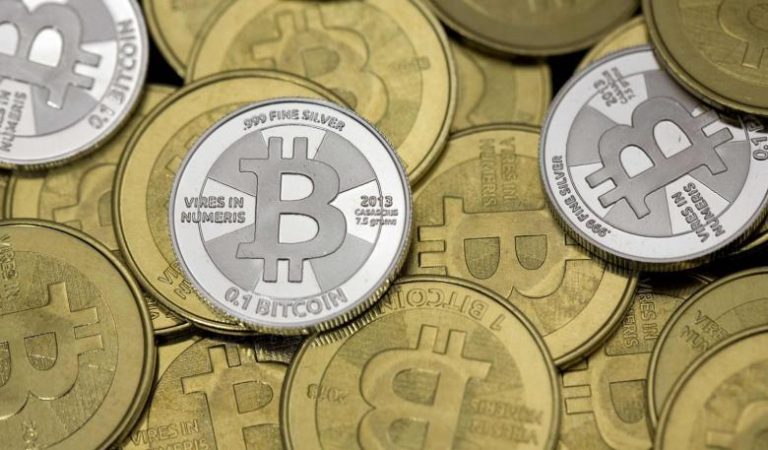
An editorial which appeared on Global Times, a news site which is owned by the official communist party of China newspaper, People’s Daily, has given a hint that the authorities in the world’s most populous country may revisit a controversial ban on the trading of virtual currencies. The editorial has called for improved regulations, code for tighter government oversight, rather than an outright ban. In the past People’s Daily newspaper editorials have been viewed not as independent opinions but rather statements of policy being pushed by the government of China with a view of testing public reaction or merely to inform the citizens.
According to the Global Times editorial, the blanket ban on virtual currencies would cede ground to other countries with regards to innovative financial technology. This is because many other countries have not taken the same measures as China and this would likely leave the world’s second largest economy behind in terms of the digital currency revolution. In pushing for more regulation rather than an outright ban the editorial gives the example of the United States where it claims the government has taken a proactive stance on the matter of digital currencies.
Financial stability
However the editorial is in agreement with some of the reasons which may necessitate a ban including volatility, which was seen as introducing systemic risk into the financial ecosystem.
Last year in September, China imposed a ban on both virtual currency exchanges and Initial Coin Offerings. Then earlier in the year financial institutions were ordered by the People’s Bank of China to halt financing activities that were related to virtual currencies. However it was not possible to completely eradicate trading in virtual currencies after domestic exchanges were shut down since a lot of Chinese people just took to overseas exchanges. One of the ways to do this is by using virtual private networks to access foreign digital currency exchanges.
Ad ban
Additionally, online ads of virtual currencies and Initial Coin Offerings stopped appearing on China’s largest online search engine, Baidu, as well as the homegrown social media site, Weibo. Beijing’s reasons for the actions include protecting investors from fraud which was rampant in the sector.




